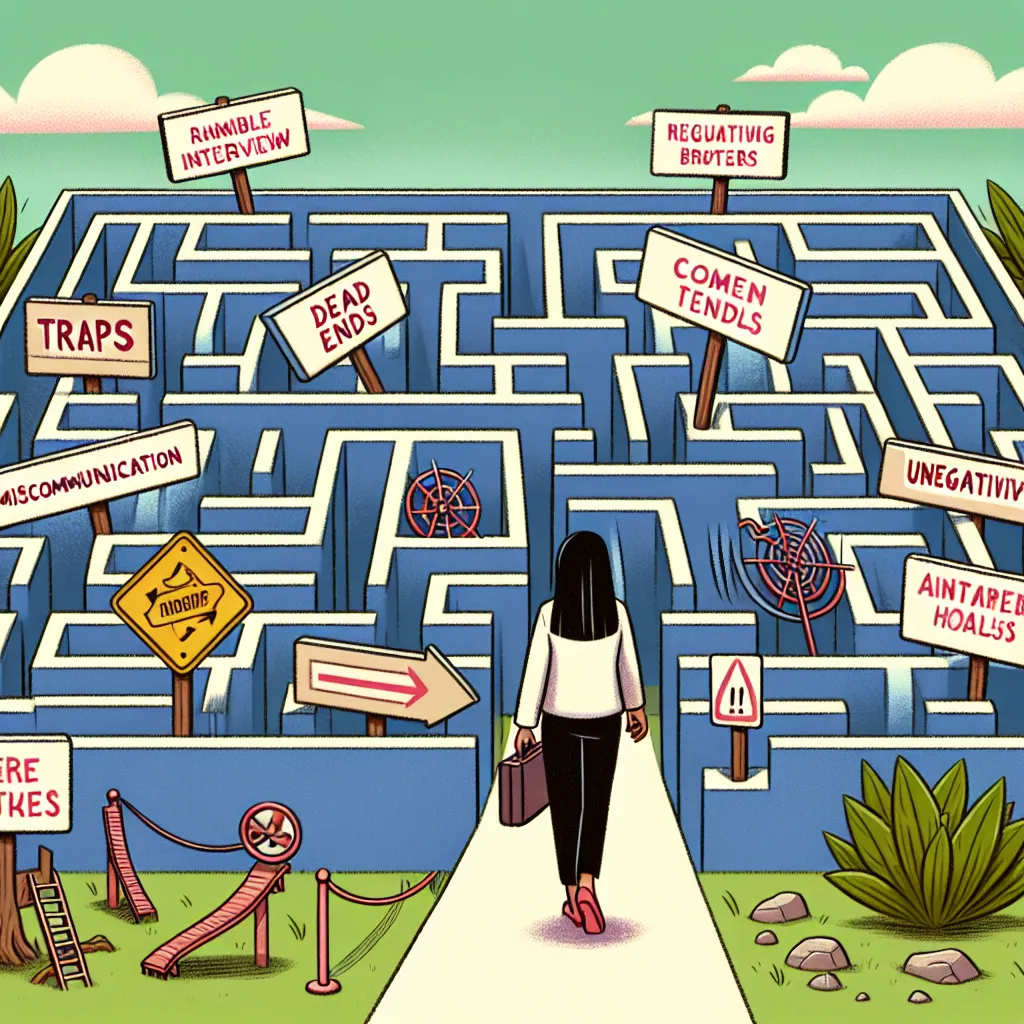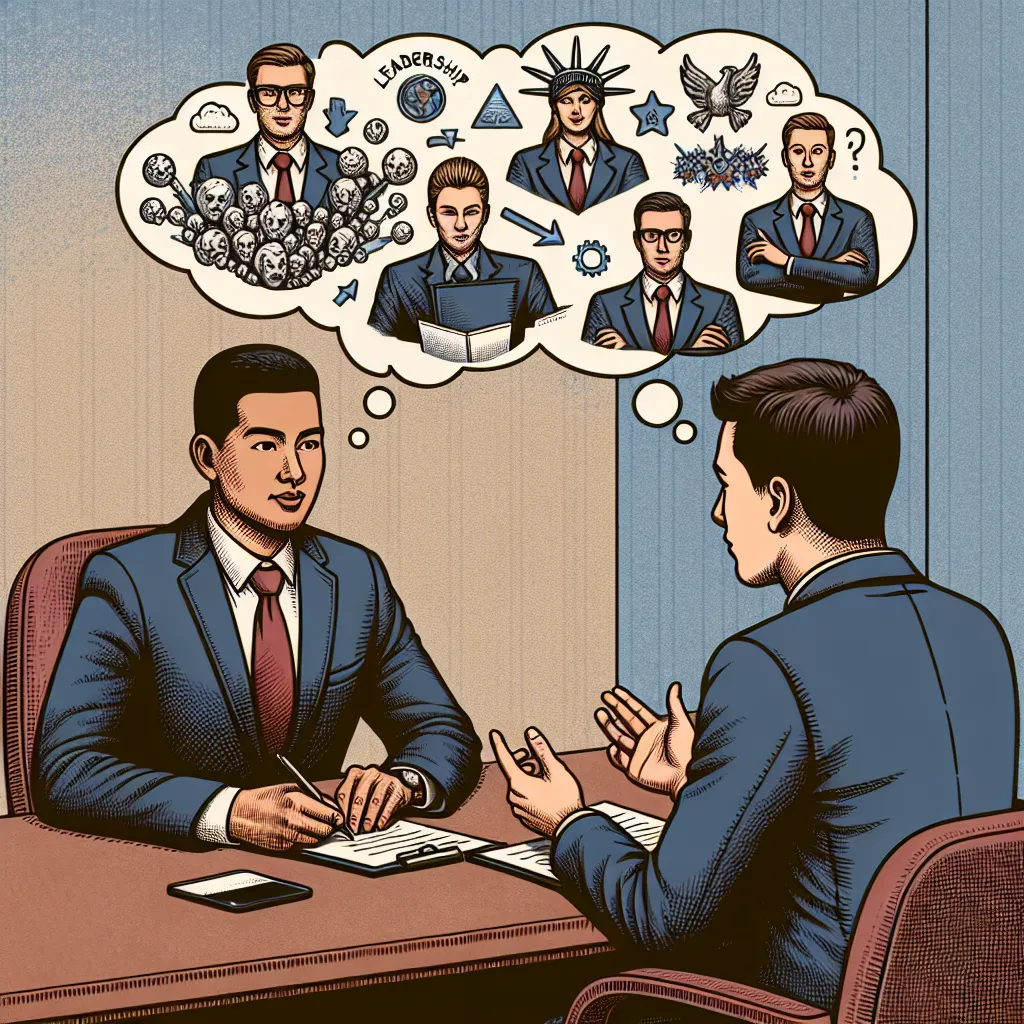In today’s competitive job market, having a strong work ethic can set you apart from other candidates. When interviewing for a position, it’s crucial to effectively communicate your professional values and dedication to potential employers. This article will guide you through the process of describing your work ethic in an interview, providing valuable insights and practical tips to help you make a lasting impression.
Understanding Work Ethic and Its Importance in Interviews
Work ethic refers to the set of values and principles that guide an individual’s approach to their job and professional responsibilities. It encompasses traits such as reliability, dedication, integrity, and a commitment to quality work. Employers highly value candidates with a strong work ethic, as they are often more productive, trustworthy, and aligned with the company’s goals.
Common Employer Perspectives on Work Ethic
When assessing a candidate’s work ethic during an interview, employers typically look for:
- Consistency and reliability
- Ability to meet deadlines and manage time effectively
- Willingness to go above and beyond expectations
- Positive attitude and teamwork skills
- Integrity and honesty in professional conduct
 Professional discussing work ethic
Professional discussing work ethic
Effective Ways to Describe Your Work Ethic
When asked about your work ethic during an interview, it’s essential to provide concrete examples and specific traits that demonstrate your professional values. Here are some effective approaches:
1. Highlight Key Traits with Examples
Instead of simply stating that you have a strong work ethic, focus on specific traits and back them up with real-life examples:
- Reliability: “I pride myself on my reliability. In my previous role, I maintained a perfect attendance record for two years and consistently met all project deadlines.”
- Initiative: “I’m always looking for ways to improve processes. For instance, I implemented a new filing system that increased our team’s efficiency by 25%.”
- Dedication: “I’m committed to delivering high-quality work. Last year, I voluntarily worked extra hours to ensure a critical project was completed to the client’s satisfaction.”
2. Discuss Your Approach to Challenges
Explain how your work ethic helps you overcome obstacles:
“When faced with challenges, my strong work ethic drives me to find solutions. For example, when our team encountered unexpected budget cuts, I took the initiative to research cost-effective alternatives that allowed us to complete the project within the new constraints.”
3. Emphasize Your Commitment to Professional Growth
Show how your work ethic extends to self-improvement:
“I believe that a strong work ethic includes a commitment to continuous learning. I regularly attend industry workshops and have completed several online courses in my field to stay updated on the latest trends and best practices.”
4. Relate Your Work Ethic to Company Values
Research the company’s values and align your work ethic description with them:
“I understand that [Company Name] values innovation and collaboration. My work ethic aligns perfectly with these principles, as I consistently seek creative solutions and actively contribute to team efforts.”
Common Interview Questions About Work Ethic and Sample Answers
Here are some typical questions interviewers may ask to assess your work ethic, along with sample responses:
-
Q: “How would you describe your work ethic?”
A: “I would describe my work ethic as diligent and results-oriented. I believe in setting clear goals, prioritizing tasks effectively, and consistently delivering high-quality work. For example, in my previous role, I managed multiple projects simultaneously and always met deadlines while maintaining attention to detail.” -
Q: “Can you give an example of a time when you went above and beyond at work?”
A: “Certainly. Last year, our team was working on a crucial client presentation, and our lead designer fell ill two days before the deadline. I volunteered to take on extra responsibilities, working late to ensure all design elements were completed and polished. As a result, we delivered the presentation on time, and the client was extremely satisfied with our work.” -
Q: “How do you handle work-related stress?”
A: “I view stress as a natural part of any challenging job. My approach is to stay organized, prioritize tasks, and maintain open communication with my team and supervisors. When faced with tight deadlines, I break projects into manageable steps and focus on steady progress. I also practice stress-management techniques like brief meditation sessions during breaks to stay focused and productive.” -
Q: “How do you ensure you’re meeting deadlines consistently?”
A: “I’m a firm believer in effective time management. I use digital tools to track projects and deadlines, breaking larger tasks into smaller, manageable steps with individual timelines. I also build in buffer time for unexpected issues and regularly communicate progress to team members and stakeholders. This approach has helped me maintain a 100% on-time delivery rate in my current role.” -
Q: “How do you approach tasks that you find uninteresting but necessary?”
A: “I understand that not every task will be exciting, but I approach all responsibilities with equal dedication. I focus on the importance of the task to the overall project or company goals. For less engaging tasks, I often set small rewards for myself upon completion or find ways to make the process more interesting, such as challenging myself to complete it more efficiently.”
Common Mistakes to Avoid When Describing Your Work Ethic
When discussing your work ethic in an interview, be mindful of these potential pitfalls:
- Being vague or generic: Avoid using clichés like “I’m a hard worker” without providing specific examples.
- Overemphasizing quantity over quality: Don’t focus solely on long hours worked; emphasize the value and impact of your contributions.
- Neglecting teamwork: Remember to highlight your ability to collaborate and support colleagues, not just your individual efforts.
- Sounding inflexible: While consistency is important, also demonstrate your ability to adapt to changing circumstances and priorities.
- Exaggerating or embellishing: Be honest about your achievements and work habits. Authenticity is key in building trust with potential employers.
 Person avoiding common interview mistakes
Person avoiding common interview mistakes
Follow-up Questions and Suggested Responses
Interviewers may ask additional questions to delve deeper into your work ethic. Here are some potential follow-up questions with suggested responses:
-
Q: “How do you maintain your work ethic during long-term projects?”
A: “For long-term projects, I break them down into smaller milestones and celebrate each achievement. This helps me maintain motivation and track progress. I also regularly reassess priorities and communicate with team members to ensure we’re all aligned and moving towards our goals efficiently.” -
Q: “Can you describe a situation where your work ethic was challenged?”
A: “In my previous role, we faced a sudden increase in workload due to a competitor closing down. I had to manage twice my usual number of clients while maintaining quality service. I created a structured schedule, prioritized tasks based on urgency and importance, and communicated clearly with clients about realistic timelines. This experience actually strengthened my work ethic by pushing me to be more efficient and resilient.” -
Q: “How do you balance quality and efficiency in your work?”
A: “I believe that quality and efficiency are not mutually exclusive. I focus on developing streamlined processes that allow for thorough work without unnecessary delays. For instance, I create templates for recurring tasks and use checklists to ensure all quality standards are met while working efficiently.” -
Q: “How do you handle situations where you disagree with a colleague’s work ethic?”
A: “In such situations, I first try to understand their perspective and the reasons behind their approach. If I believe their work ethic is negatively impacting the team or project, I would have a private, constructive conversation with them. If necessary, I would involve a supervisor to address the issue professionally and find a resolution that benefits the team and aligns with company values.” -
Q: “How has your work ethic evolved throughout your career?”
A: “Early in my career, I equated work ethic primarily with long hours and individual effort. As I’ve gained experience, I’ve learned that true work ethic also involves smart prioritization, effective collaboration, and continuous improvement. Now, I focus not just on working hard, but on working strategically to maximize my impact and contribute to overall team success.”
Conclusion
Effectively describing your work ethic in an interview is a crucial skill that can significantly impact your chances of landing the job. By focusing on specific traits, providing concrete examples, and aligning your values with the company’s culture, you can demonstrate that you’re not just a qualified candidate, but also someone who will bring dedication, reliability, and a positive attitude to the role.
Remember to be honest, specific, and enthusiastic when discussing your work ethic. Prepare thoughtful responses to common questions, and don’t hesitate to ask for clarification if needed. With the right preparation and a genuine commitment to professional excellence, you’ll be well-equipped to impress potential employers and showcase the value you can bring to their organization.
For more interview tips and strategies, check out our related articles on how to explain your professional goals in an interview and how to handle stress interview questions.




